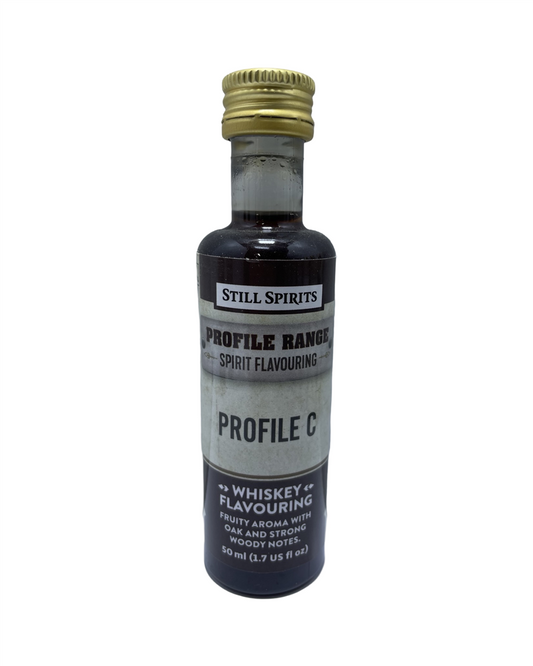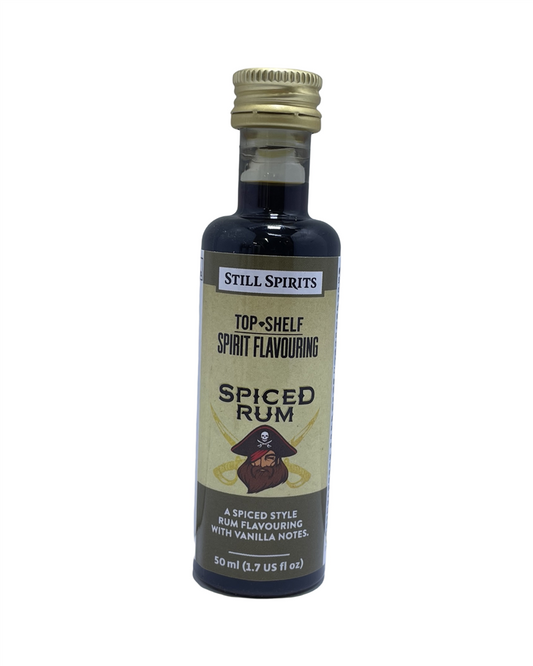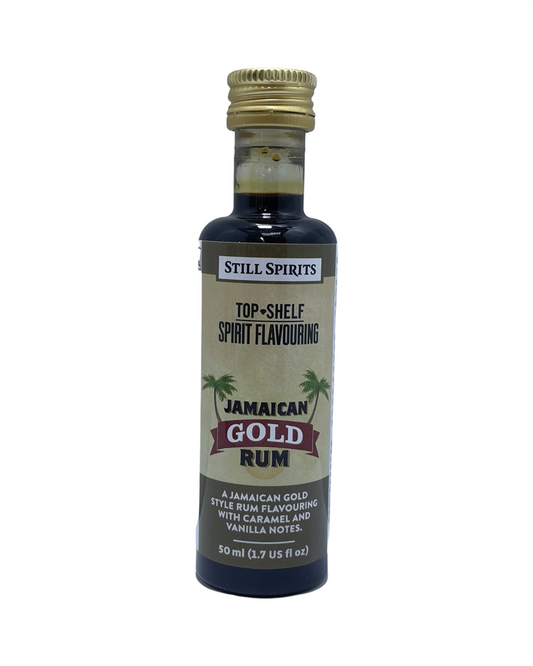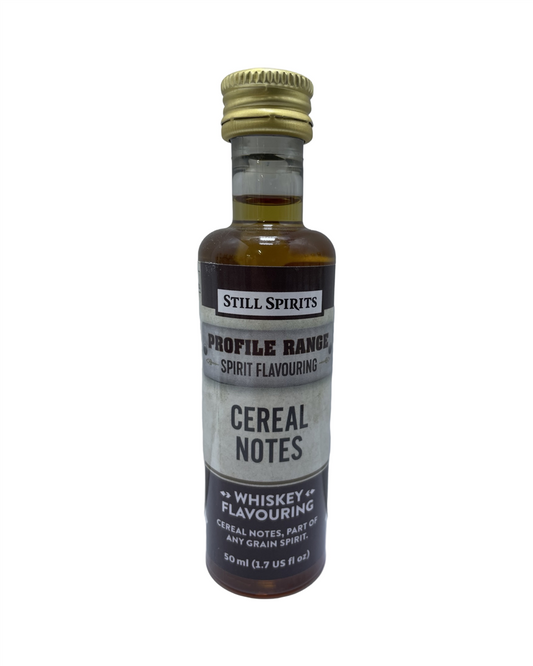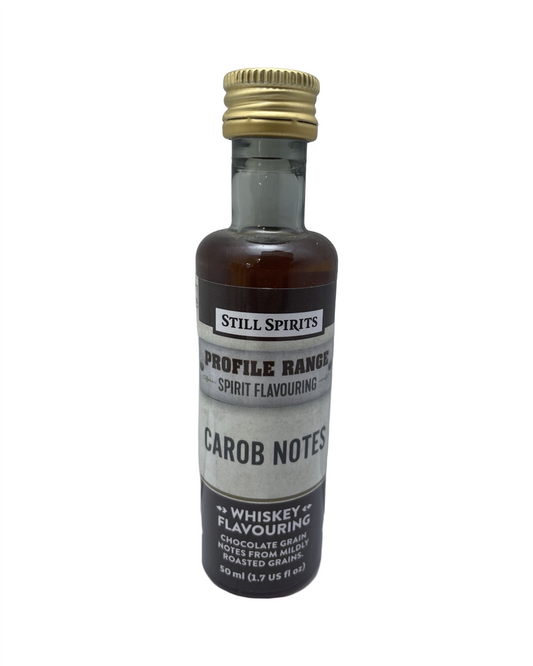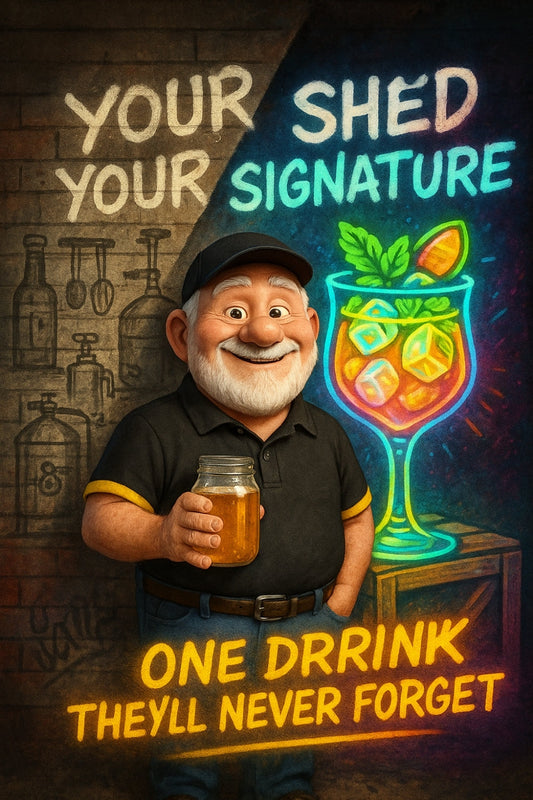Still Spirits fans, ever wonder if your backyard batch could land you in trouble?
Share
How to Legally Make Spirits at Home in Australia—Without Losing Your Nerve or Gear
We’ve all heard the whisper: “Mate's making rum in the shed”—complete with winks and sideways glances. It’s a mix of curiosity, excitement, and that unspoken fear of somehow getting it wrong and ending up on a government list. So, what’s the truth? Can you really distil your own spirits at home without breaking the law in South Australia?
The Short Version: Yes, You Can. But There Are Rules.
In Australia, it’s legal to own and use a still under 5 litres capacity without a special licence. If your setup's any bigger, you're in tax territory—meaning you’ll need a license from the ATO. Sounds complicated, but it’s actually pretty clear once you know the basics. And once you’re set up legally, you’ve got everything you need to make top-tier spirits from your own shed, back patio, or brew nook.
Expert Quote: "Distilling well isn’t about having the biggest still or fanciest setup—it’s about control, patience, and consistency. The legal stuff? Nail that first. Then everything else flows more smoothly." — Candeece, Strath Homebrew Advisor
What the Law Actually Says (No Legal Degree Needed)
Here’s the part that usually causes the most stress. But don't worry—we’ll keep it simple:
- Under 5 litres: You can legally own and use a still of up to 5 litres for the purpose of water distillation or essential oils without a licence.
- Making Alcohol: In order to distil alcohol (for drinking), you need an ATO licence—regardless of your still's size.
- Enforcement: The ATO is more interested in unlicensed commercial operations—not hobby batches for personal use. But technically, it’s still illegal without the appropriate paperwork.
Many home distillers operate under the ‘personal use’ mindset: keeping spirits for themselves or gifting to close friends. As always—you are responsible for complying with local laws and licences.
Truth Time: Why Some Makers Risk It Anyway
Let’s not kid ourselves—there’s a reason distilling has an outlaw edge. Some folks steer clear of the official process because they think it's too hard, or they assume it’ll cost a fortune in red tape. But here's the thing: In most cases, the ATO licence for personal distilling is attainable, especially if you're brewing in small batches and not selling it commercially.
And once that stress is out of the way, you can focus on what really matters: flavour, smoothness, and signature style.
Three Things to Get Right—Before You Start Distilling
1. Get your gear sorted
Whether it’s a compact still for gin experiments or a larger model like the T500, stay smart with accessories. A game-changer? Still Spirits Distilling Conditioner. It helps cut down foaming and surge boiling, especially if you're distilling sugar washes or molasses-based rums.

2. Know what’s going in
Good spirits start at the fermentation stage. Use top-shelf yeast, sugar, and water. Don’t skimp. If you’re distilling cloudy or dirty washes, don’t blame the still for weird flavours!
3. Take notes. Always.
Keep a basic log: wash ingredients, ABV, distillation cut points, temps, and duration. Doesn’t have to be fancy—but it should be consistent. Those notes will become your secret weapon batch after batch.
The Smart Gear That Keeps It Clean
Using Still Spirits Original Distillers Conditioner might seem overly precise to some, but those in the know swear by it. Just a capful in a small Air Still, or three in a larger model like the T500, and you’ll enjoy smoother runs with fewer jumpy boils.
It’s alcohol-free, practically invisible flavour-wise, and contributes to safer, more predictable distilling. If you’ve ever had a surge boil or excess foam crash your setup mid-run, you know exactly why this matters.
Real Talk: "The first time you forget conditioner is usually the last time you forget conditioner." — Real words from a bloke with a sticky mess and a burnt lemon gin batch
So... Is It Worth It?
Only you can answer that. For some, it’s about the craft. For others, it’s about taste—there’s just something satisfying about sipping a top-notch Irish cream or spiced rum you’ve made yourself. And for a lucky few, it’s become a legacy thing—recipes perfected over time, passed between mates and family members.
If you want to keep that legacy safe—and legal—get your facts straight, nail your gear setup, and do things properly. That small step takes the nervous edge off each still run and lets you focus entirely on nailing your flavour, not sweating patrol cars and paperwork.
Final Thought—The Real Risk
In truth, the biggest risk in home distilling doesn’t come from the law. It comes from cutting corners. Whether it's sloppy cuts, dirty wash, or skipping key tools like a spirit filter or conditioner, your setup is only as good as the effort you put in.
Do it right from the beginning, and what you produce won’t just be legal—it’ll be legendary among those who get a taste.
Cheers and smooth sailing ahead,
Candeece

Stay Connected
Join our homebrewing community: Beer and Barrel Society on Facebook
Follow our Facebook Page: Strathalbyn H Hardware on Facebook

